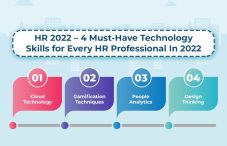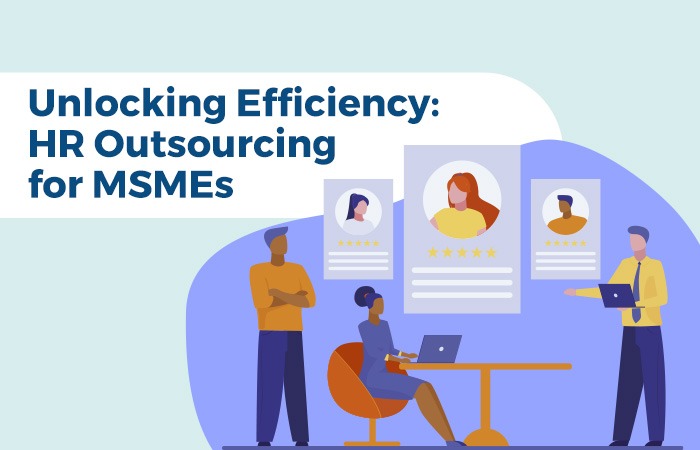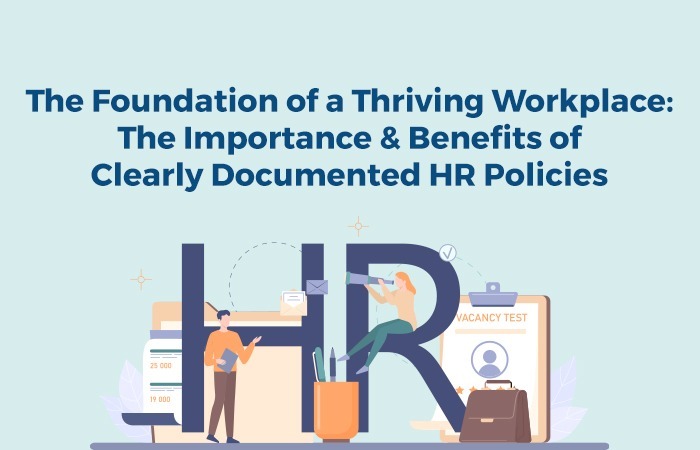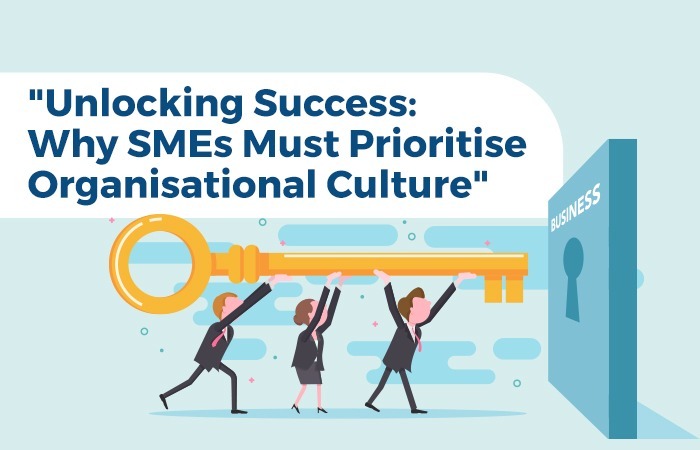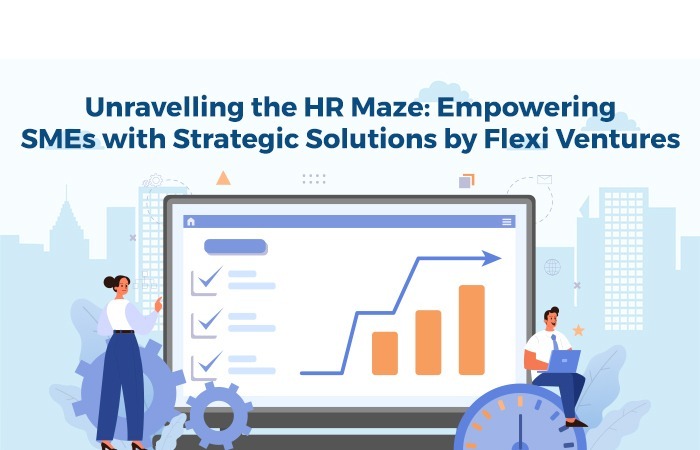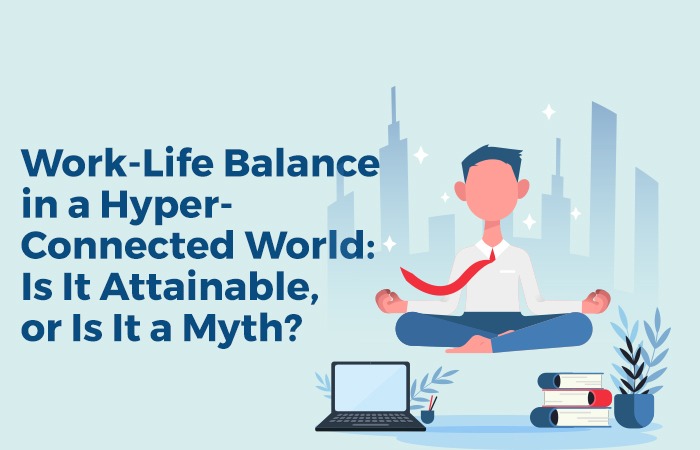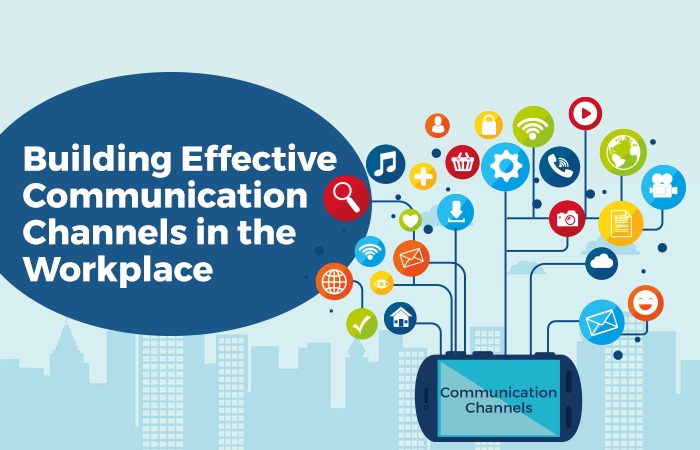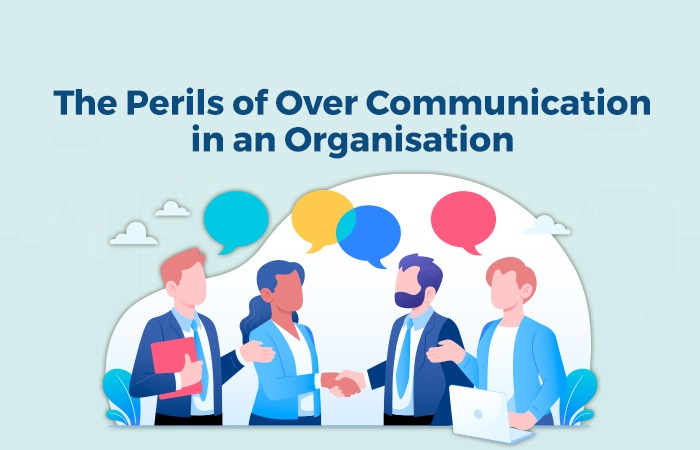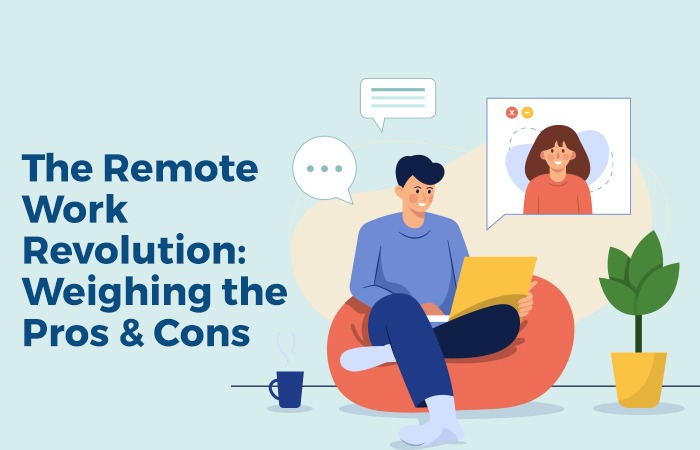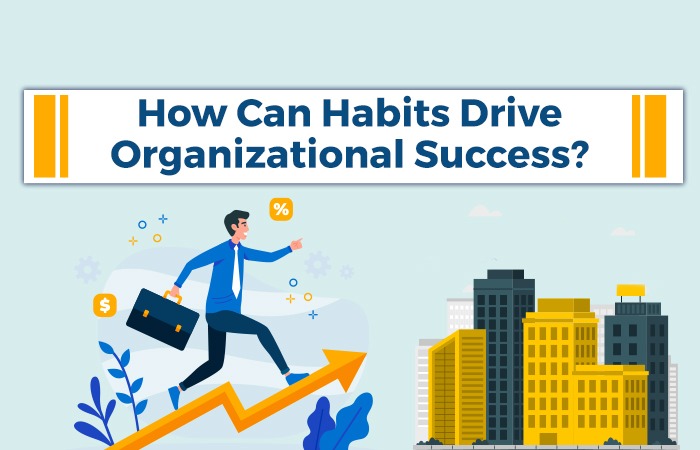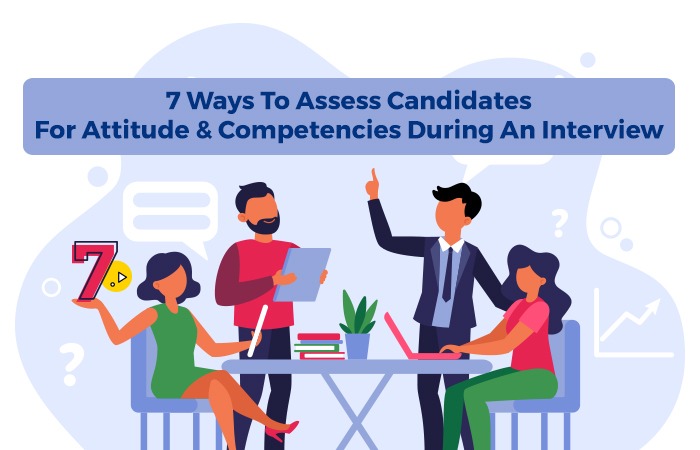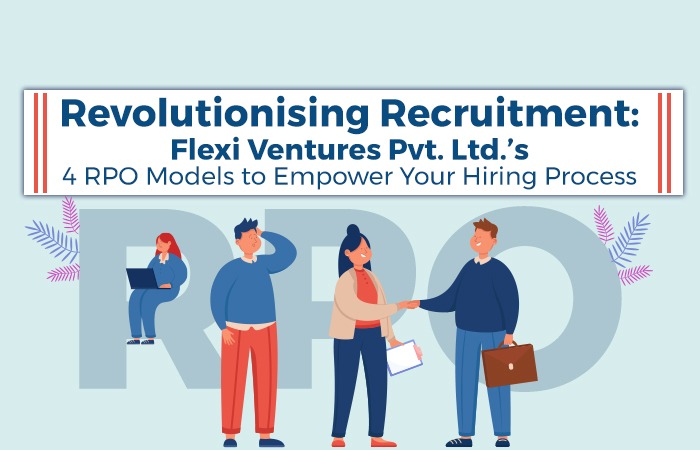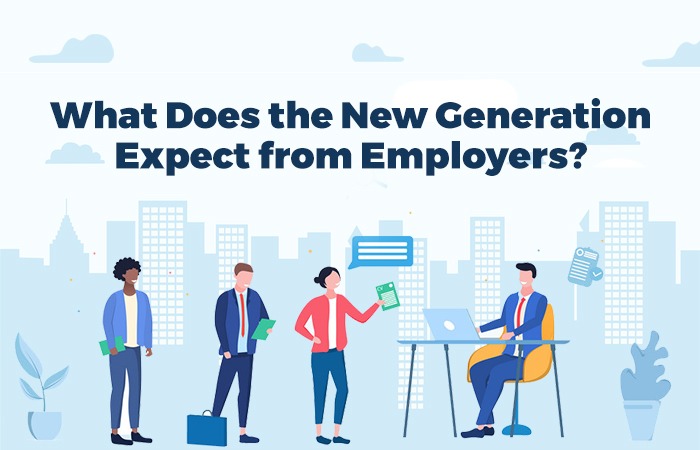HR is no longer a support team confined to the back office doing paperwork. With the modern technology and rapid digitalisation, HR is now a highly tech savvy department that uses technology to not just hire but onboard, train, manage and offboard resources along with so many more activities.
To stay in line with the changing business world, HR managers need to adapt to the new way of doing business. With work increasingly taking place over the cloud, mobiles or over social media sites, HR managers need new age skills to perform more efficiently and stay ahead in the race to acquire and retain talent.
Technology not only makes your task easier, but it can also help you take better business decisions based on data and create a trendy tech-savvy workplace.
Here are the top 4 technology skills that every HR professional should acquire in 2022.
1 – Cloud Technology
With every aspect of business moving online, it is important for HR managers to understand the Cloud Technology. Thanks to the benefits of Cloud HR software, HR managers can now focus on more strategic activities as the tools simplify the administrative tasks like payroll and employee records management.
It not only allows you to safely store and assess files from anywhere anytime, but the employee performance software on the cloud can provide real-time data on the employee, helping you make improvements and / provide training. You can also plan and predict your talent requirements.
With the host of benefits provided by Cloud technology, it is no wonder that more and more companies are using it.
It is imperative for all HR managers to train themselves on using cloud technology to manage the day-to-day HR activities.
2 – Gamification Techniques
Gaming has become an intrinsic part of our lives. And it is no longer restricted to being something done during leisure time, it has reached our workplace as a part of serious business.
HR is using gaming techniques to improve talent acquisition, collaboration, employee experience and motivation.
Adding interesting and relevant games to your career page can increase the interest levels and improve your talent acquisition.
Similarly, games can be used in place of skills, values & aptitude tests. Gaming techniques are also employed to train and onboard employees.
Your knowledge about gaming techniques can help you use the technology to enhance the candidate and employee experience in your organisation.
3 – People Analytics
People analytics in HR involves collecting & analysing employee data.
It enables HR managers to take decisions based on data driven insights to enhance workplace experience and help achieve business goals.
Your company’s HRMS can be the best source of data on recruitment, skills gap, performance management, etc, which can then be used for Analytics.
People Analytics can help you identify your high performing talents and teams to enable you to duplicate their success.
It can help recognise the employee issues and the workplace environment via employee surveys, exit interviews, feedback on sites like Glassdoor.
You can use these insights to create interventions suited for different teams and groups to optimise the overall workforce performance.
People Analytics is here to stay. HR will need data savvy professionals who can easily work with predictive and prescriptive analytics for all their critical business decisions.
4 – Design Thinking
Design Thinking involves human centric, collaborative and iterative process for creative problem solving. It keeps the needs of the audience at the forefront while creating innovative solutions.
All leading organisations use Design Thinking while designing innovative, customer centric products and services.
You can use the design thinking framework to create out of the box HR solutions, policies and programmes that provide exceptional employee experience.
With the talent war heating up, companies are now working hard to create a strong employer brand to attract and retain employees.
Many successful companies are using design thinking to create unique employee centric experiences. For eg. Peer Insight designed a unique and successful system for promotions & bonuses using Design thinking.
There are many fantastic resources or learning platforms that offer courses on Design Thinking for HR professionals.
You can start implementing your learnings in smaller teams and then based on the results, implement it across the other teams or processes.
It is critical for the modern-day HR managers to learn new skills and adopt new technologies to become more agile and ready for the high paced changing business world.

